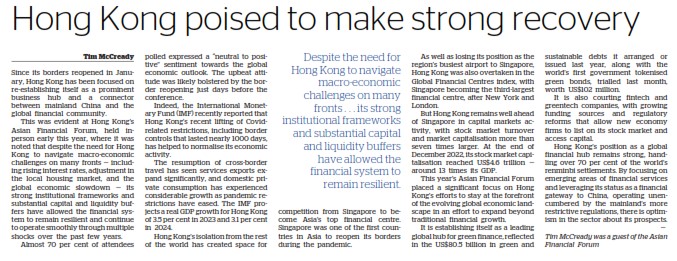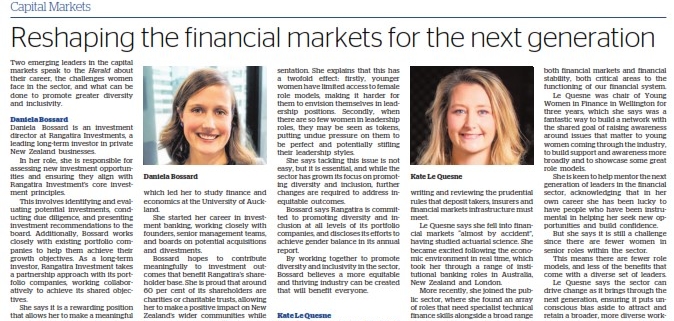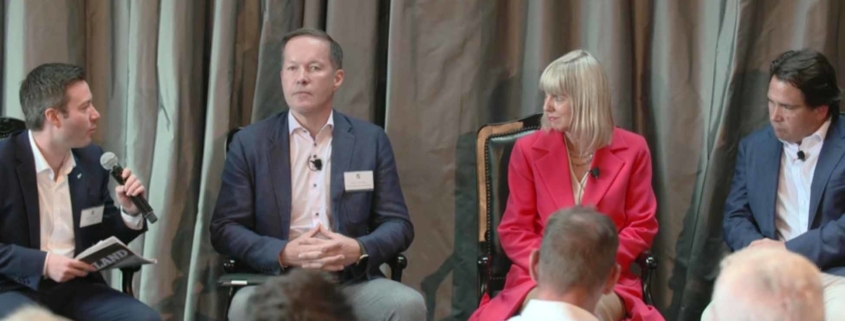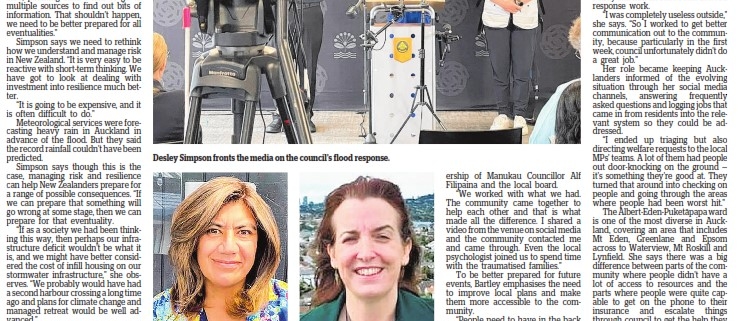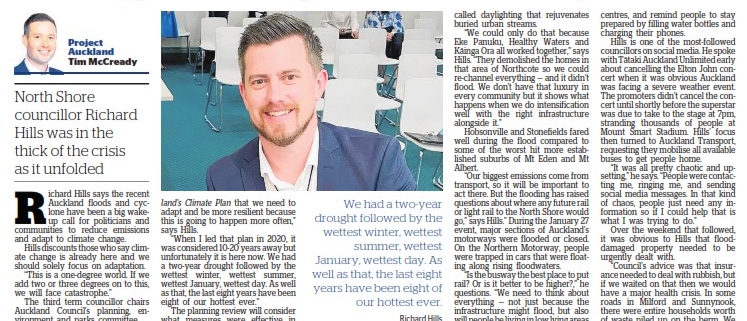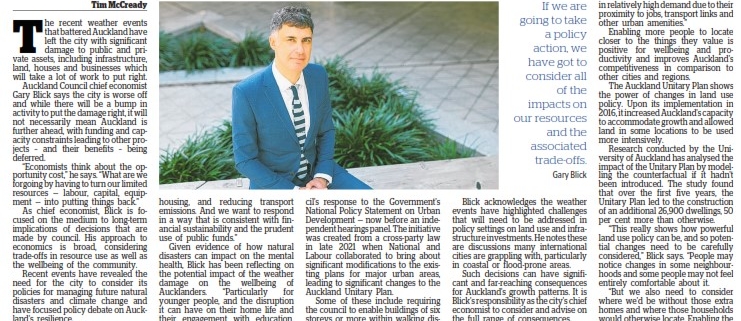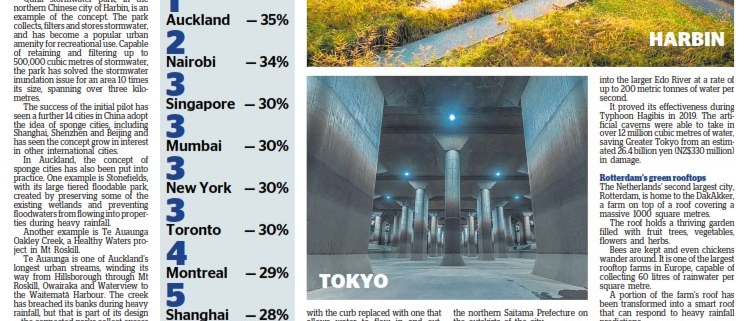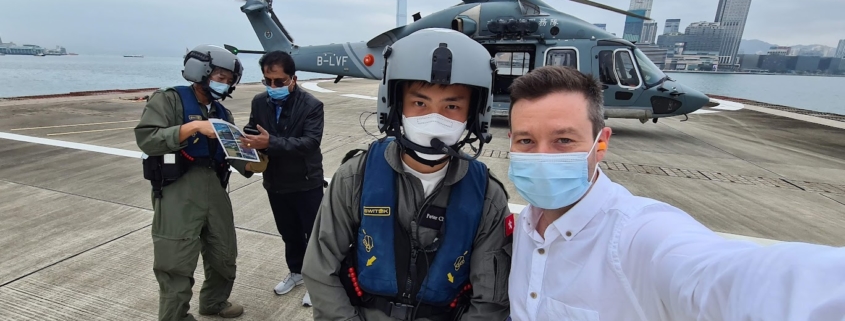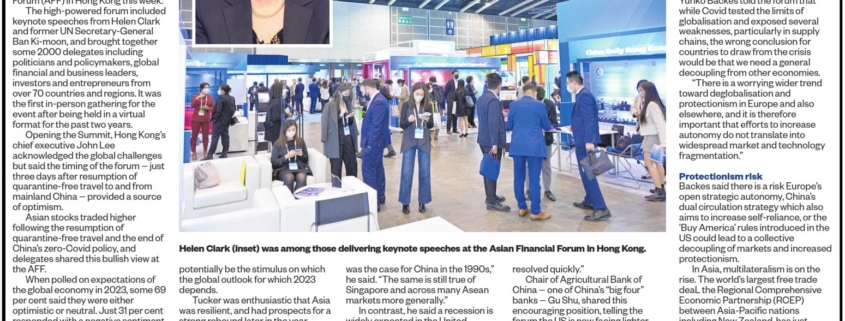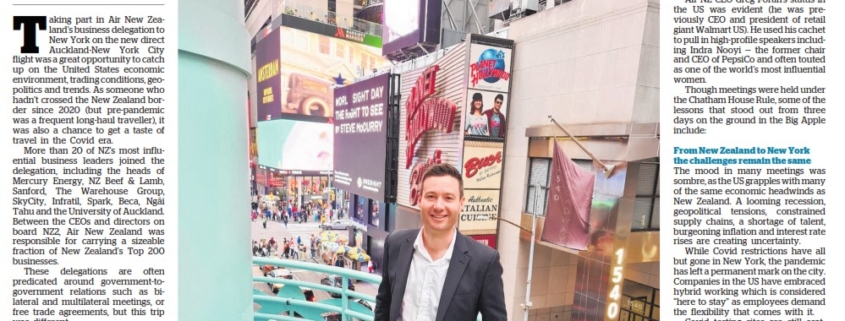Capital Markets: Hong Kong poised to make strong recovery
Since its borders reopened in January, Hong Kong has been focused on re-establishing itself as a prominent business hub and a connector between mainland China and the global financial community.
This was evident at Hong Kong’s Asian Financial Forum, held in person early this year, where it was noted that despite the need for Hong Kong to navigate macro-economic challenges on many fronts — including rising interest rates, the adjustment in the local housing market, and the global economic slowdown — its strong institutional frameworks and substantial capital and liquidity buffers have allowed the financial system to remain resilient and continue to operate smoothly through multiple shocks over the past few years.
Almost 70 per cent of attendees polled expressed a “neutral to positive” sentiment towards the global economic outlook. The upbeat attitude was likely bolstered by the border reopening just days before the conference.
Indeed, the International Monetary Fund (IMF) recently reported that Hong Kong’s recent lifting of Covid-related restrictions, including border controls that lasted nearly 1000 days, has helped to normalise its economic activity.
The resumption of cross-border travel has seen services exports expand significantly, and domestic private consumption has experienced considerable growth as pandemic restrictions have eased. The IMF projects a real GDP growth for Hong Kong of 3.5 per cent in 2023 and 3.1 per cent in 2024.
Hong Kong’s isolation from the rest of the world has created space for competition from Singapore to become Asia’s top financial centre. Singapore was one of the first countries in Asia to reopen its borders during the pandemic.
As well as losing its position as the region’s busiest airport to Singapore, Hong Kong was also overtaken in the Global Financial Centres Index, with Singapore becoming the third-largest financial centre, after New York and London.
But Hong Kong remains well ahead of Singapore in capital markets activity, with stock market turnover and market capitalisation more than seven times larger. At the end of December 2022, its stock market capitalisation reached US$4.6 trillion ($7.3 trillion) — around 13 times its GDP.
This year’s Asian Financial Forum placed a significant focus on Hong Kong’s efforts to stay at the forefront of the evolving global economic landscape in an effort to expand beyond traditional financial growth.
It is establishing itself as a leading global hub for green finance, reflected in the US$80.5 billion ($128 billion) in green and sustainable debts it arranged or issued last year, along with the world’s first government-tokenised green bonds, trialled last month, worth US$102 million ($162 million).
It is also courting fintech and greentech companies, with growing funding sources and regulatory reforms that allow new economy firms to list on its stock market and access capital.
Hong Kong’s position as a global financial hub remains strong, handling over 70 per cent of the world’s renminbi settlements. By focusing on emerging areas of financial services and leveraging its status as a financial gateway to China, operating unencumbered by the mainland’s more restrictive regulations, there is optimism in the sector about its prospects.
· Tim McCready was a guest of the Asian Financial Forum.

